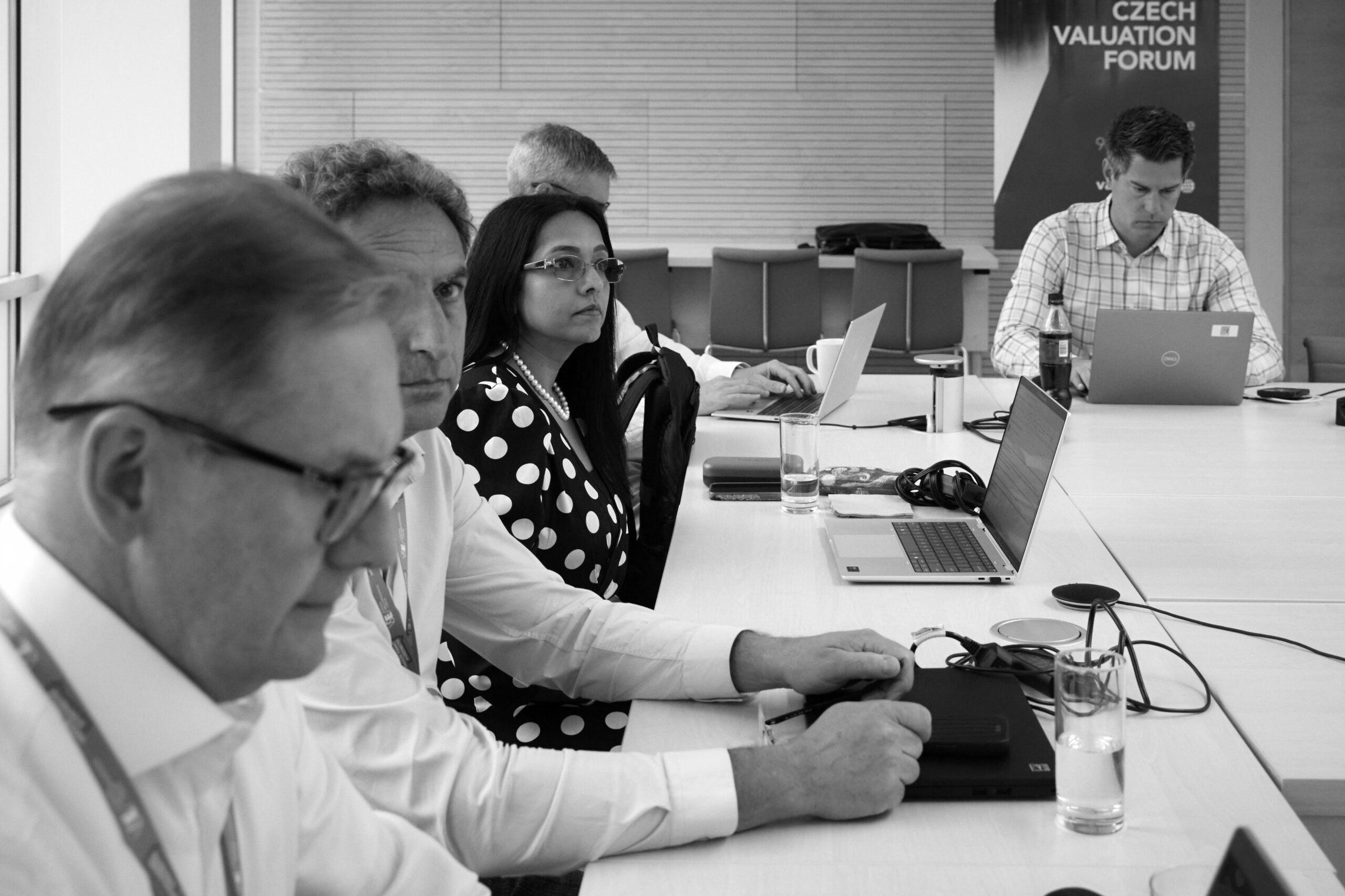
Article by IVSC Business Valuation Board member, Kevin Prall, with input from the Business Valuation Board
As the global economy becomes increasingly knowledge-based, intangible assets—from data and technology to human capital and brand value—now account for the majority of enterprise value in many leading firms. Yet accounting and valuation frameworks have not kept pace. A shared call for reform is growing louder.
IVSC and CFA Institute: A Shared Vision for Making Intangible Assets More Tangible
In the evolving landscape of modern finance, few topics command as much consensus—and urgency—as the need to reform the recognition and valuation of intangible assets. At the International Valuation Standards Council (IVSC), we’ve spent the last several years exploring the many forms intangible value can take, from brand equity to human capital.
Financial reporting must better capture modern value creation
Recently, the CFA Institute, an IVSC member organisation, released compelling research based on a survey of its global member base. The survey revealed overwhelming support for changes to the accounting treatment of intangibles. Together, these efforts illuminate a shared vision: financial reporting must better capture modern value creation. The International Valuation Standards Council (IVSC) hopes to add to this conversation, providing ideas for greater transparency, accuracy, completeness, and consistency, in how intangible assets are disclosed , recognised, and measured.
”86% of investment professionals believe financial statements are increasingly out of step with the economic reality of businesses rich in intangibles.
CFA Institute 2024 Intangibles Survey
The Problem with the Status Quo
Both IVSC and the CFA Institute point to the central issue around intangibles: current accounting standards continue to sideline a majority of internally generated intangible assets, despite their outsized role in driving enterprise value. Traditional accounting models largely ignore internally-generated intangible assets—such as brand equity, human capital, data, and proprietary technology—unless they are acquired through business combinations. As a result, financial statements often underrepresent the true value of innovative firms.
The CFA Institute’s 2024 survey shows that 86% of investment professionals believe financial statements are increasingly out of step with the economic reality of businesses rich in intangible assets. This echoes the IVSC’s observation that most intangible investments are expensed as incurred, while only acquired intangibles assets are capitalised and amortised—often leading to inconsistent and incomplete financial representations.
Toward Better Disclosure and Recognition
Both the CFA Institute and the IVSC contend that modernising the financial reporting of intangible assets doesn’t necessarily entail a radical overhaul. Instead, consistent with IVSC’s Perspective Paper series, CFA survey respondents recommend pragmatic, incremental reforms—starting with improved disclosures. The IVSC suggests that breaking down outlays related to the creation, maintenance, and enhancement of intangible assets (such as customer acquisition costs or R&D spending) would allow better assessments of unit economics and of the long-term value drivers of businesses.
Likewise, the CFA Institute proposes enhanced narrative and quantitative disclosures as a first step, while remaining open to recognising internally generated intangibles under a revised framework that avoids volatility and complexity.
”We can improve transparency and accountability without sacrificing comparability or introducing unnecessary complexity.
IVSC Perspective Paper on Intangibles
Valuation Innovation and Investor Use Cases
Another area of alignment is the integration of new techniques to capture the value of intangible assets. IVSC has explored approaches such as Customer Lifetime Value (CLV) modelling and synthetic royalty rate analysis to value customer relationships and brand assets, respectively. These methods, already in use by institutional investors, demonstrate that markets are moving faster than standards in reflecting intangible value. While these may not yet meet accounting standards for separability, they offer meaningful tools for M&A, strategic planning, and investor analysis. IVSC and CFA both encourage embracing these innovations where appropriate, while maintaining standards-compliant rigour in financial reporting contexts.
The CFA Institute similarly notes that many investors already adjust GAAP figures to better reflect intangibles, often capitalizing and amortizing key expenditures themselves to derive more useful performance metrics. This investor-led innovation underscores the urgent need for standards to catch up.
A Shared Path Forward
Importantly, both IVSC and CFA Institute recognise that one-size-fits-all solutions are unlikely to serve the complexity of today’s intangible assets. The IVSC’s concluding recommendation, like the CFA Institute’s, is for a principle-based framework—one that aligns valuation practices with the economic reality of intangible value, without sacrificing comparability or auditability.
The future of financial reporting lies in making the invisible visible
Both the IVSC and the CFA Institute agree: the future of financial reporting lies in making the invisible visible. Whether through expanded disclosure, revised recognition criteria, or enhanced valuation techniques, the aim is to bring financial statements closer to the true engines of enterprise value.
By aligning standard-setting and investor practice, we can build a reporting system that is more decision-useful, resilient, and reflective of a 21st-century economy built on knowledge, relationships, and innovation.